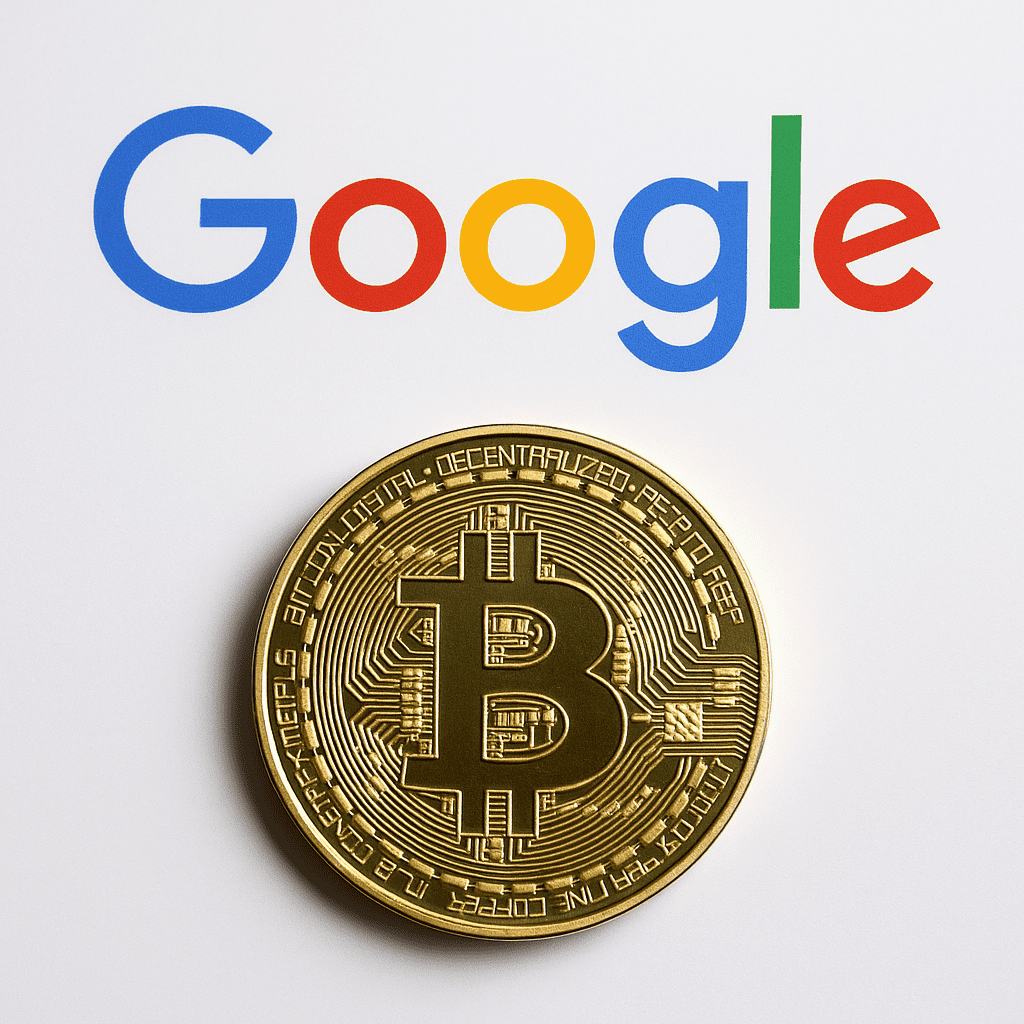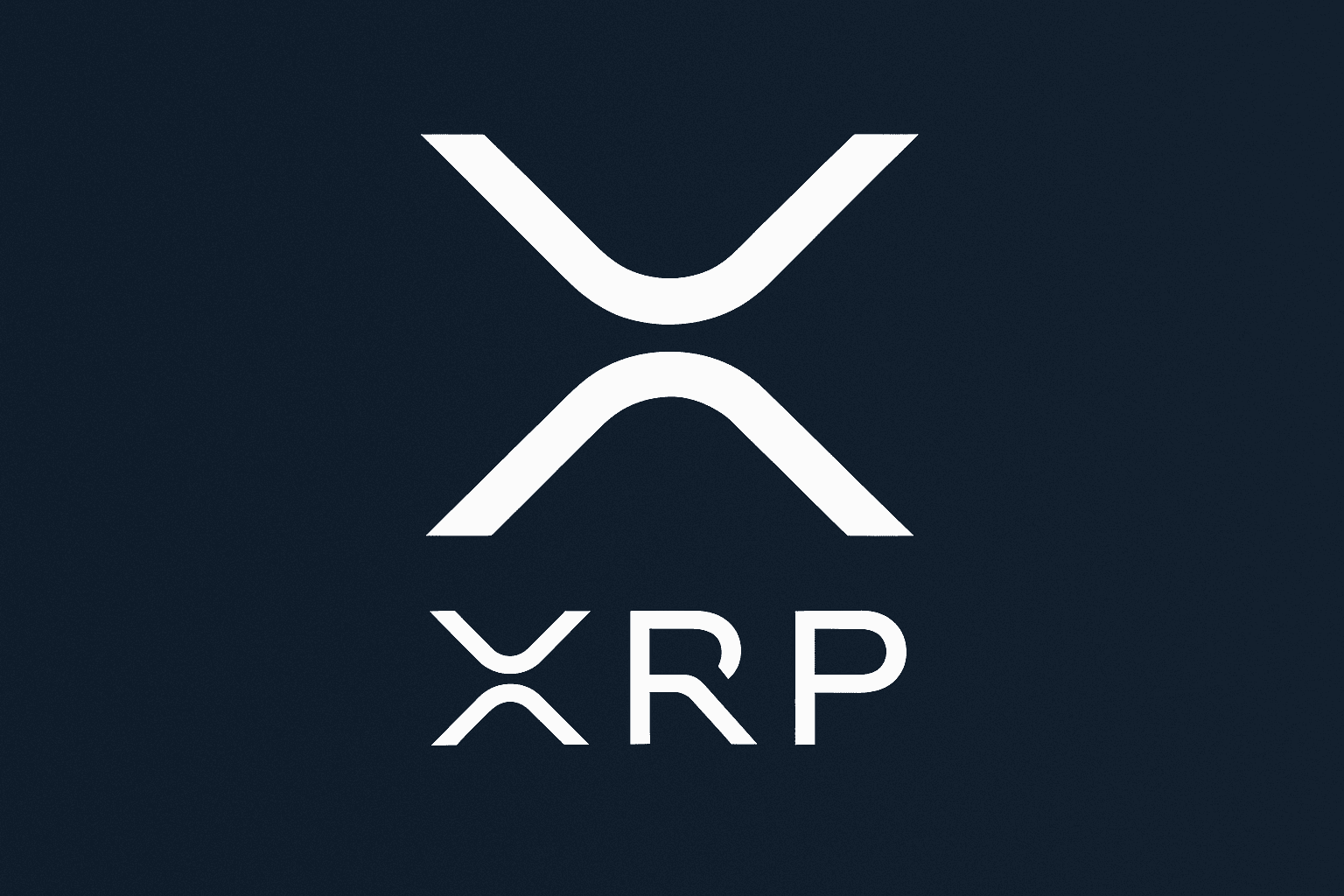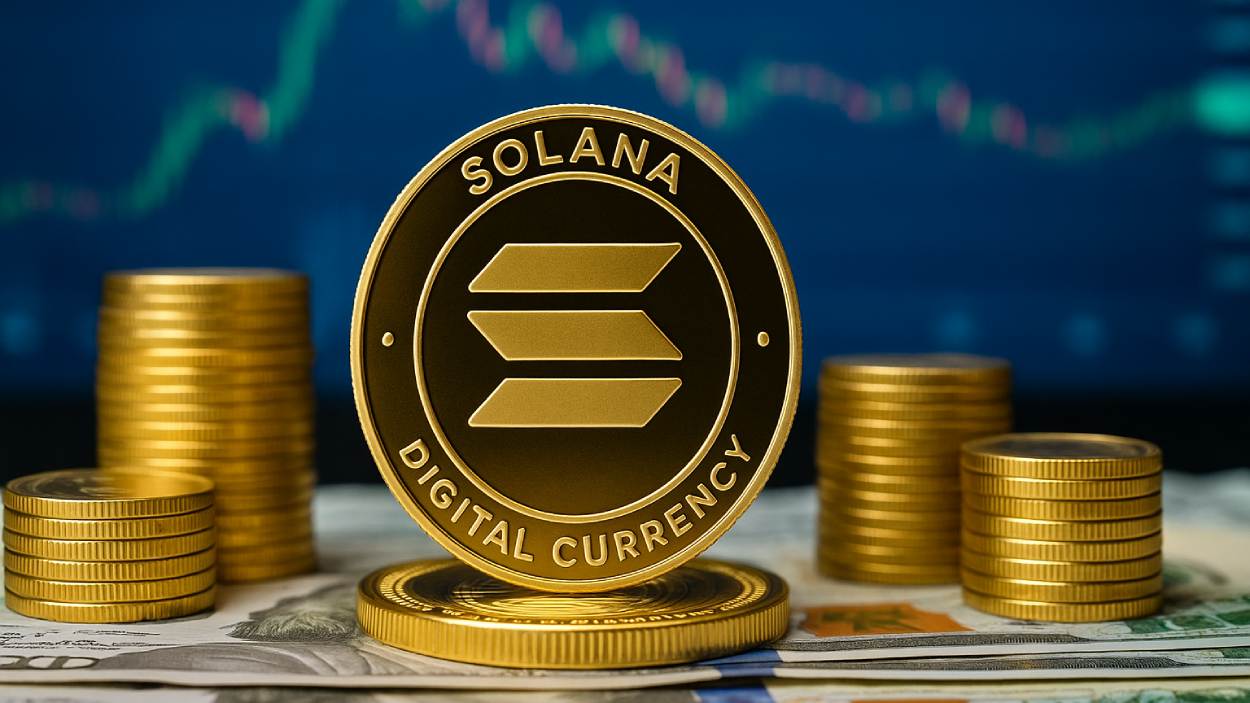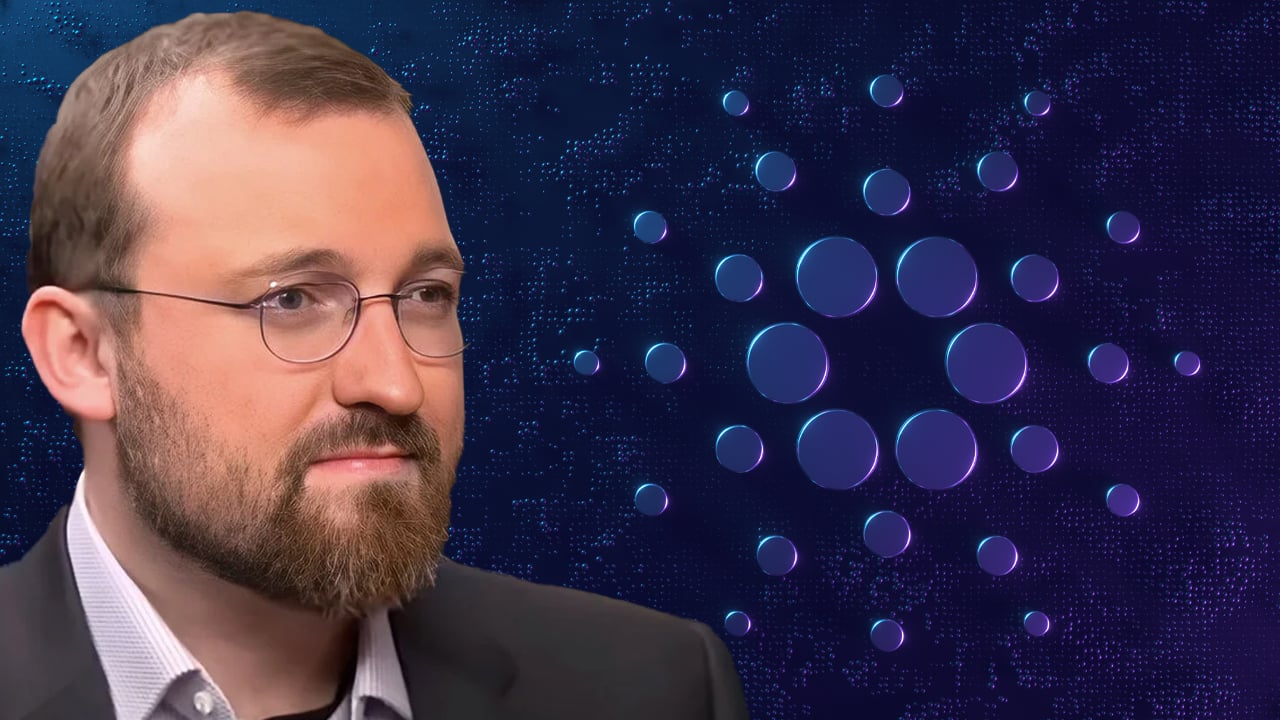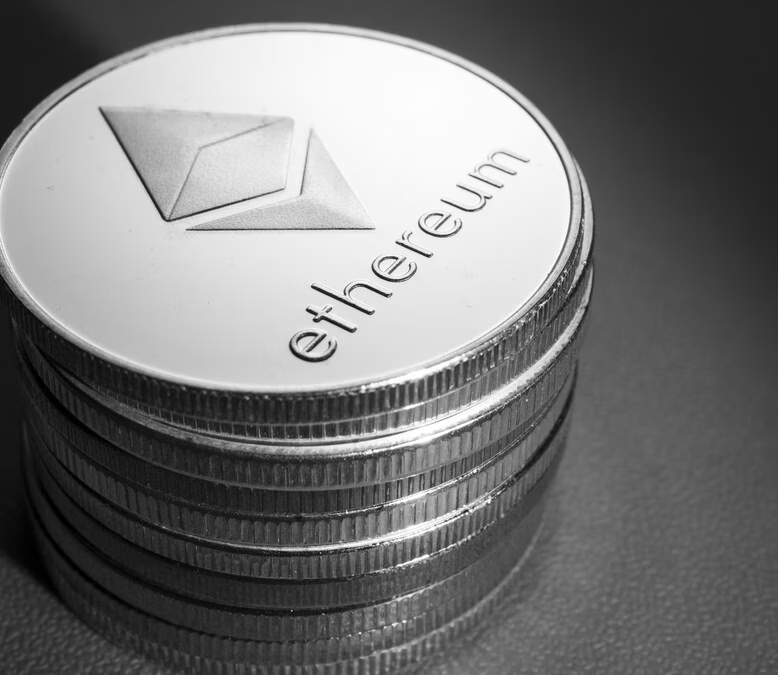Alphabet’s research division, Google Quantum AI, has achieved a significant leap in computing power with its new quantum processor, “Willow.” The company announced that its latest chip successfully executed a verifiable algorithm, “Quantum Echoes”, which outperformed the world’s fastest classical supercomputer by a factor of 13,000.
Last year, we introduced Willow, our quantum chip, and cracked a key challenge in quantum error correction.
Today, @GoogleQuantumAI announced a new breakthrough algorithm on that chip which paves a path towards potential future uses in drug discovery and materials science.🧵 pic.twitter.com/7z3BSExVku
— Google (@Google) October 22, 2025
The algorithm’s reproducibility across quantum platforms is a key milestone for practical quantum computing. “With this result, we’re one step closer to bringing quantum technology to the mainstream,” said Tom O’Brien, a Google Quantum AI researcher.
Google’s claim puts it ahead of competitors like Microsoft and IBM, both of which are racing to achieve a scalable quantum advantage. The company first showcased Willow’s potential last December, stating that it could solve a complex problem in five minutes. This is something a classical supercomputer would take 10 septillion years to complete.
“Quantum Echoes” and the Rise of Practical Quantum Power
The Nature publication describing Quantum Echoes confirms the algorithm’s reproducibility, an essential element for validating quantum results. Unlike classical computers, which use bits, quantum computers use qubits, which can exist as both 0 and 1 simultaneously. This enables quantum processors to explore countless outcomes in parallel.
However, qubits are fragile and must be kept in strictly controlled conditions free from interference. The challenge lies not in speed but in stability and fault tolerance, areas where most systems still fall short.
Quantum Threat Could Trigger Bitcoin’s Worst Bear Market
The quantum leap achieved by Google has rekindled fears about Bitcoin’s cryptographic security. While experts generally believe today’s encryption remains safe, some analysts argue that time is running out.
Charles Edwards, a well-known crypto analyst, said he once believed Bitcoin’s bear markets would lessen in severity as the market matured. Following Google’s Willow launch, he now warns that if the quantum threat is not mitigated soon, possibly as early as next year, Bitcoin could face its largest bear market ever.
I used to think future Bitcoin bear markets would have a lower drawdowns. But if we don't solve on Quantum next year, we probably get the biggest bear market ever.
— Charles Edwards (@caprioleio) October 22, 2025
At the Token 2049 conference, Edwards outlined two major risks for the crypto sector. These are corporate treasury exposures and the advancing power of quantum computing. He warned that if unchecked, quantum technology could undermine Bitcoin’s cryptographic foundation.
What Is the Quantum Threat to Bitcoin Security?
According to Edwards, advanced quantum computers could break Bitcoin’s elliptic-curve encryption within two to eight years. If that occurs, dormant Bitcoin addresses, including Satoshi Nakamoto’s early coins, could be unlocked and dumped onto the market. Eventually, this will lead to destabilized prices and investor confidence.
Analysts say the threat remains distant. Kostas “Kryptos” Chalkias, co-founder and chief cryptographer at Mysten Labs, noted, “There’s no evidence today that any computer, not even secret government systems, can break modern cryptography.” For now, Willow’s breakthrough doesn’t endanger Bitcoin’s encryption. But its verifiable performance marks progress toward machines that might eventually do so.



